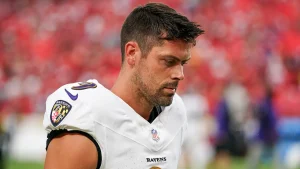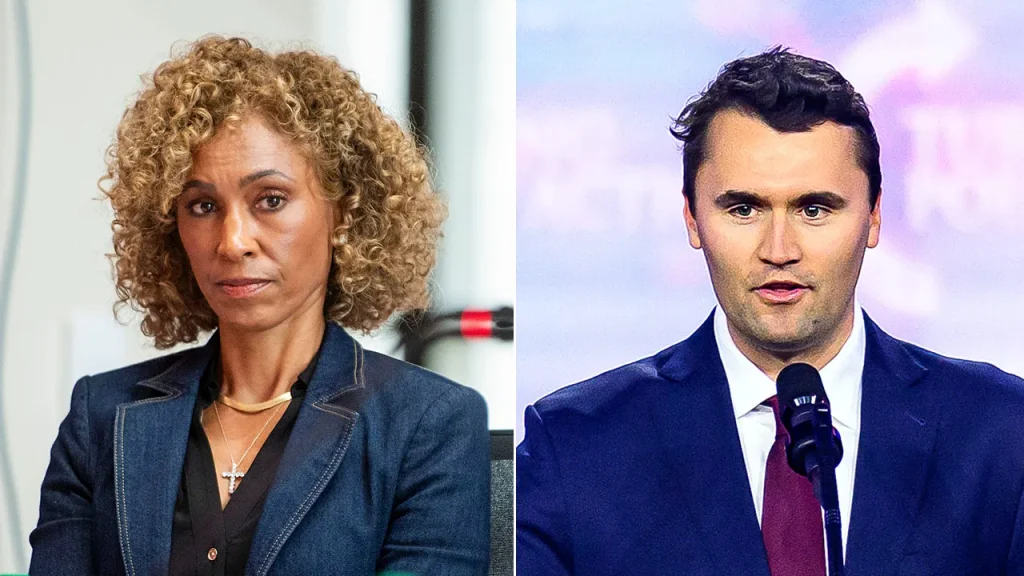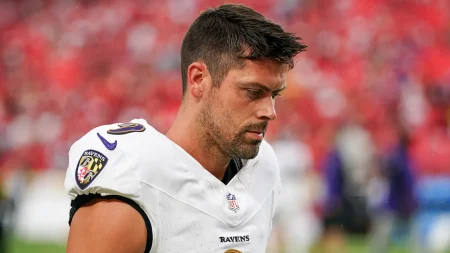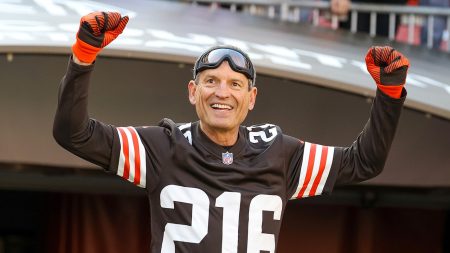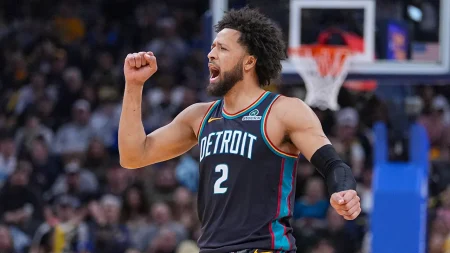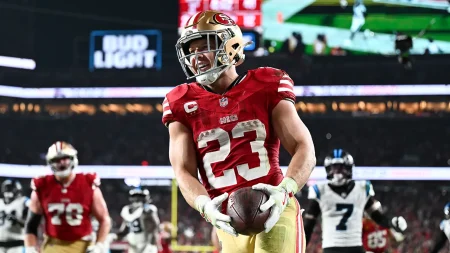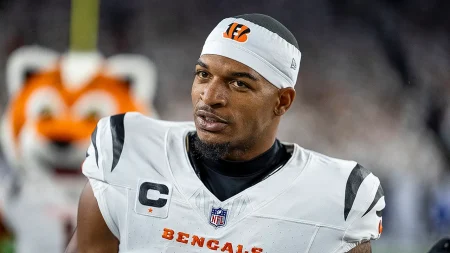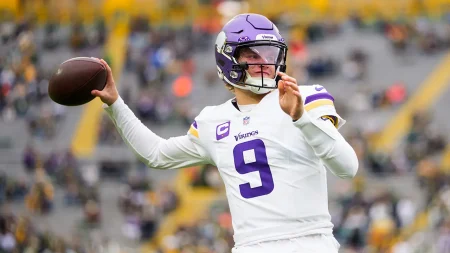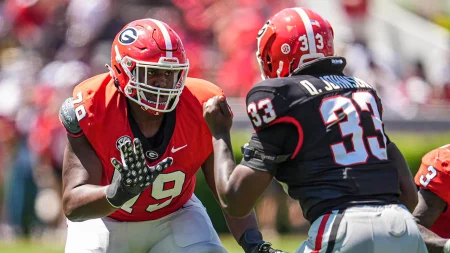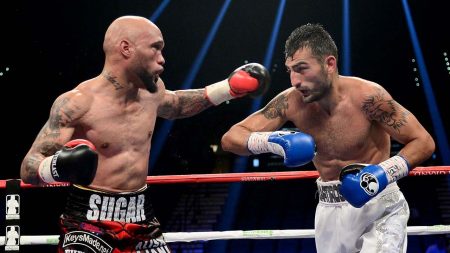Sports World Reacts to Charlie Kirk’s Tragic Death
In a shocking turn of events that has sent ripples through the sports community, many athletic figures expressed their grief and condolences following the reported assassination of Charlie Kirk on Wednesday. The 31-year-old political activist’s death prompted an outpouring of support from various sports personalities, highlighting the increasingly blurred lines between sports, politics, and social issues in today’s America. What stood out was not just who spoke up, but also the questions raised about which organizations remained silent, sparking debates about consistency in how the sports world responds to tragedies of different political contexts.
Former ESPN analyst Sage Steele notably called attention to what she perceived as a discrepancy in how professional sports leagues responded to Kirk’s death compared to their reactions following George Floyd’s death. Steele directly challenged major leagues including the NFL, NBA, WNBA, MLB, and NHL, questioning why they hadn’t issued formal statements of condolence. “Dear pro sports leagues: Looking forward to seeing you release statements & send condolences to Charlie Kirk’s family after he was murdered for his political beliefs. You know — kinda like you did when career criminal George Floyd died,” Steele wrote on social media. Her comments underscored the ongoing tension about how and when sports organizations choose to engage with politically charged events, and whether these responses reflect institutional biases.
Despite the questions about organizational responses, many individual sports figures quickly shared their reactions to Kirk’s reported death. This diverse group included boxer Jake Paul, NFL veterans Julian Edelman and Brett Favre, former MLB star Mark Teixeira, college athlete Jaxson Dart, and many others. The New York Yankees organization received specific praise from Steele for holding a moment of silence for Kirk. This followed precedent set earlier in the year when Minnesota sports teams had similarly honored two Democratic lawmakers who were killed. The breadth of responses from sports personalities—ranging from current athletes to retired legends, from conservatives to those not typically associated with right-wing politics—demonstrated how certain events transcend typical political boundaries.
The circumstances surrounding Kirk’s reported death were particularly shocking, as video appeared to show him being shot while speaking at an event under a white pop-up tent. He had been scheduled to appear at Utah Valley University that day as part of his “American Comeback Tour,” with another stop planned at Utah State University later in the month. The public nature of the reported assassination—occurring during a speaking engagement—added to the horror felt by many who commented on the tragedy. Former President Donald Trump made the announcement of Kirk’s death at 4:40 p.m. ET on Wednesday, writing, “The Great, and even Legendary, Charlie Kirk, is dead. No one understood or had the Heart of the Youth in the United States of America better than Charlie.”
The responses to Kirk’s death reflect the evolving relationship between sports and politics in American culture. While sports were once considered a realm separate from political discourse, recent years have seen increasing engagement from athletes and sports organizations on social and political issues. This shift has sometimes created tension, as evidenced by Steele’s criticism of what she perceived as selective engagement by major sports leagues. The question of when and how sports entities should respond to tragedies or social issues remains contentious, with some fans and commentators preferring sports to remain apolitical while others advocate for greater social engagement from athletes and organizations with significant cultural influence.
As the sports world continues to process this event, the varied responses highlight both the humanity of individual athletes who express genuine sympathy regardless of political alignment, and the institutional challenges faced by sports organizations navigating an increasingly polarized social landscape. The New York Yankees’ moment of silence suggests that some organizations are willing to acknowledge tragedies regardless of political context, while the questions raised by figures like Steele indicate ongoing concerns about consistency and perceived bias in institutional responses. What remains clear is that in today’s interconnected media environment, the boundaries between sports, politics, and broader social issues continue to evolve, challenging athletes, fans, and organizations to consider their roles and responsibilities beyond the playing field.
